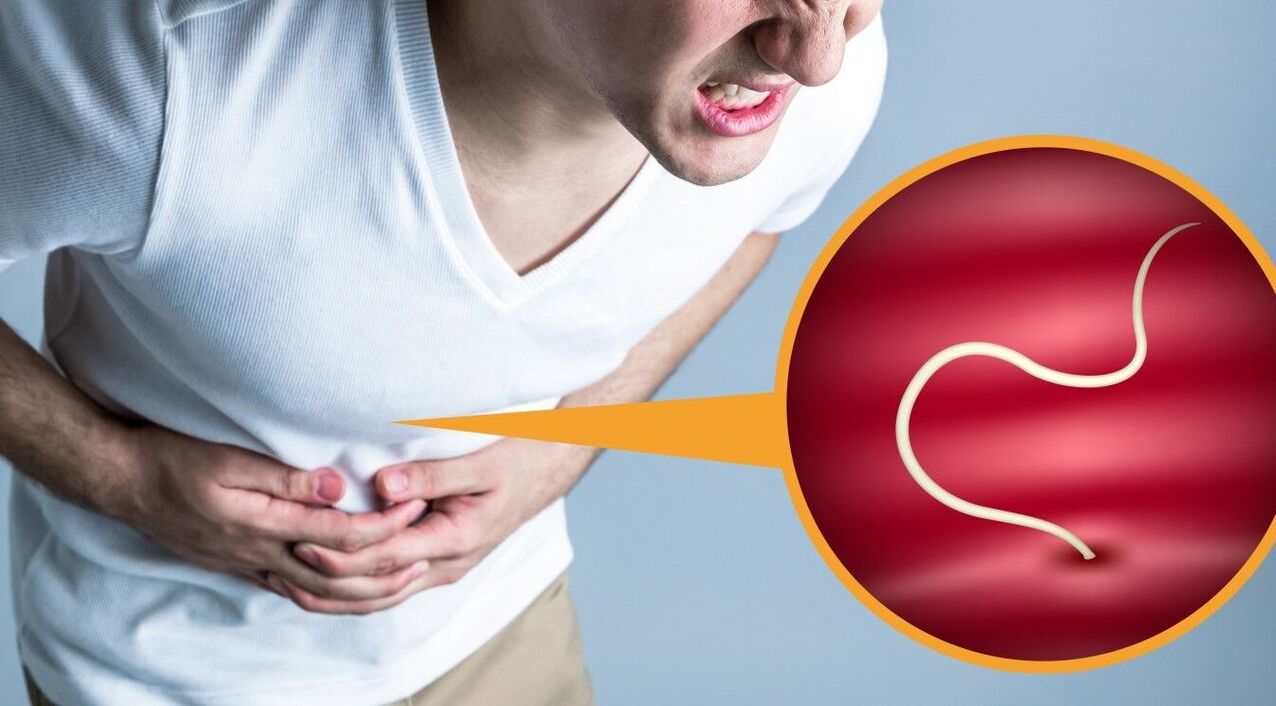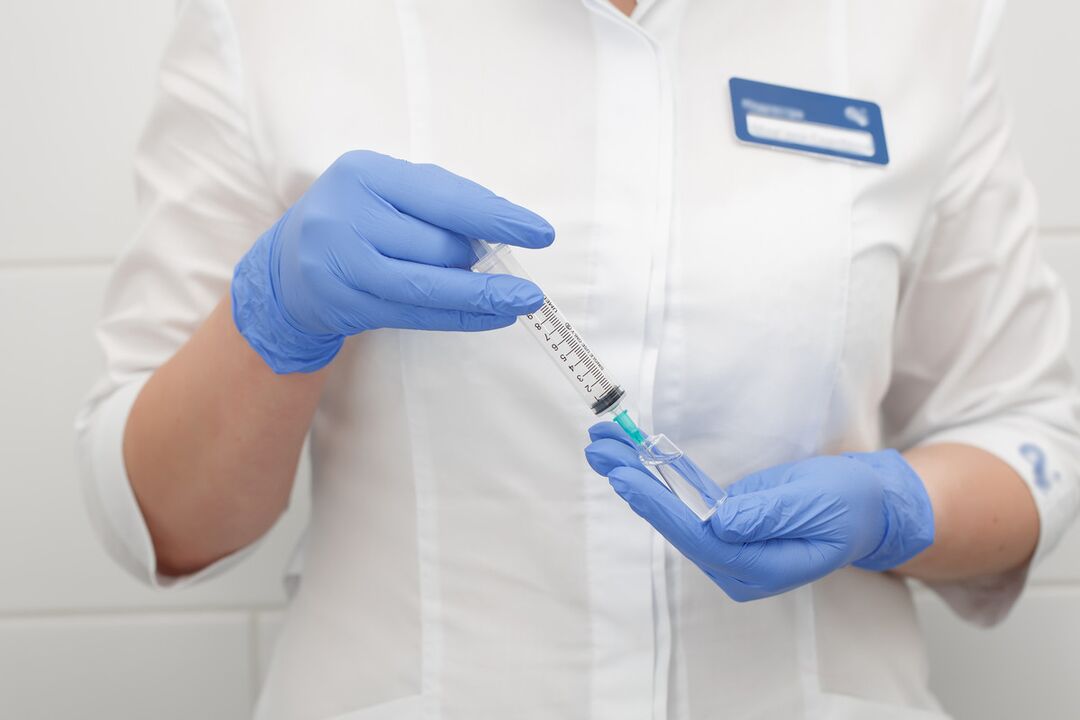
How dangerous are worms?
- Anemia develops gradually (insufficient number of red blood cells).Worms consume nutrients from the intestines, causing the body to be unable to absorb enough trace and macroelements, causing patients to lose weight and become deficient in vitamins;
- Destruction of organs and tissues.Many worms penetrate the intestinal wall and damage surrounding tissue during migration. Micro-wounds and ulcers appear on organs, the gastrointestinal mucosa is constantly inflamed, and the risk of infection increases;
- Pathologies of the nervous system.Worms not only destroy surrounding tissue but also release waste products - toxins that have damaging effects on central and peripheral nerves. Patients become nervous, irritable, and suffer from headaches, insomnia, lethargy, and apathy;
- allergic reaction.Worm waste products (toxins) are also dangerous allergens. Therefore, when infected with worms, rashes, itching, and possibly nausea and vomiting often occur.
Worms are a typical example
- Pinworm– Roundworms that penetrate the rectum and colon. Infections can occur when personal hygiene rules are not followed;
- roundworms– Roundworms that attack the small intestine. During the developmental cycle, they can migrate with the flow of blood and lymph fluid into the lungs and heart;
- Whipworm- Roundworms that live in the large intestine. It penetrates the mucosa with the help of fine heads, destroys the integrity of the tissue and causes microulcers;
- posterior testis– Flatworms that attack the liver. The parasite blocks the bile ducts, causing bile to stagnate and disrupting the organ's normal function;
- crooked head- Ascaris parasitic in the duodenum. Infection occurs through contact with the larvae, which pierce the skin, enter the bloodstream and spread throughout the body;
- bull tapeworm- Tapeworms up to 10 meters in length. Occupies almost the entire intestine, causing severe exhaustion;
- Intestine eel– Roundworms that penetrate the colon and cecum. In order to lay eggs, the worms move close to the anus, causing severe itching in the anal area;
- Echinococcus– Tapeworms affect not only the gastrointestinal tract, but also the liver and lungs. They cause hydatid disease, a disease in which cysts form in various organs in a person.

How do worms spread?
How do you tell if you have worms?
- malaise, weakness, fatigue;
- Allergies, such as rashes, coughs, asthma attacks;
- Decreased or increased appetite;
- Nausea and vomiting, not poisoning;
- stomach ache;
- diarrhea or constipation;
- Weight loss, even with good appetite;
- Sleep problems, insomnia;
- Inflamed or swollen lymph nodes;
- Fever for no apparent reason;
- Muscle and joint pain without exercise;
- Snoring or grinding teeth while sleeping;
- Presence of worms in feces;
- Itching in the anal area (usually pinworms).
How to tell if there are bugs?
Worm analysis
- Stool analysis.Check the stool for the presence of worm eggs. The analysis requires no preliminary preparation: patients only need to bring their stool sample;
- Analysis of pinworm disease.To identify pinworms (a disease caused by pinworms), just take a scraping (smear) from the anal area. Usually the test is done in the morning before going to the toilet;
- Blood tests for specific antibodies.This is the most revealing research that has allowed us to identify parasites such as roundworms, opisthorchis, acnes, and lamblia.
How long is a stool test for worms valid?
Blood test for parasites
Which worm test is better?
Where to go if worms are suspected?
Which doctor treats human worms?
How is helminthiasis treated?
Helminthiasis: Folk Remedy Treatment
Prevent helminthiasis
- Control the quality of the food you eat: don’t eat unwashed vegetables, fruits and herbs, unprocessed meat or raw fish;
- Follow personal hygiene rules and do not use other people's towels and utensils;
- Conduct a comprehensive inspection every year, including egg testing.
Top Questions
- Do people lose weight when they have worms?
Weight loss is a possible but not inevitable symptom of a parasitic infection. Weight loss caused by parasitic diseases may be due to disturbances in the intestinal microflora and nutrient absorption processes. - How to get rid of pests without taking medicine?
Treat parasitic diseases (worms) with antiparasitic drugs. Only a doctor can prescribe antihelminthic drugs. The choice of antiparasitic drug depends on the type of worm. - Why do bugs come out?
The movement of worms in the human body is determined by the characteristics of their life cycle. For most parasites, escaping is how they spread and spread. After release, worms can be detected not only in feces but also in sputum and exhaled air.

























